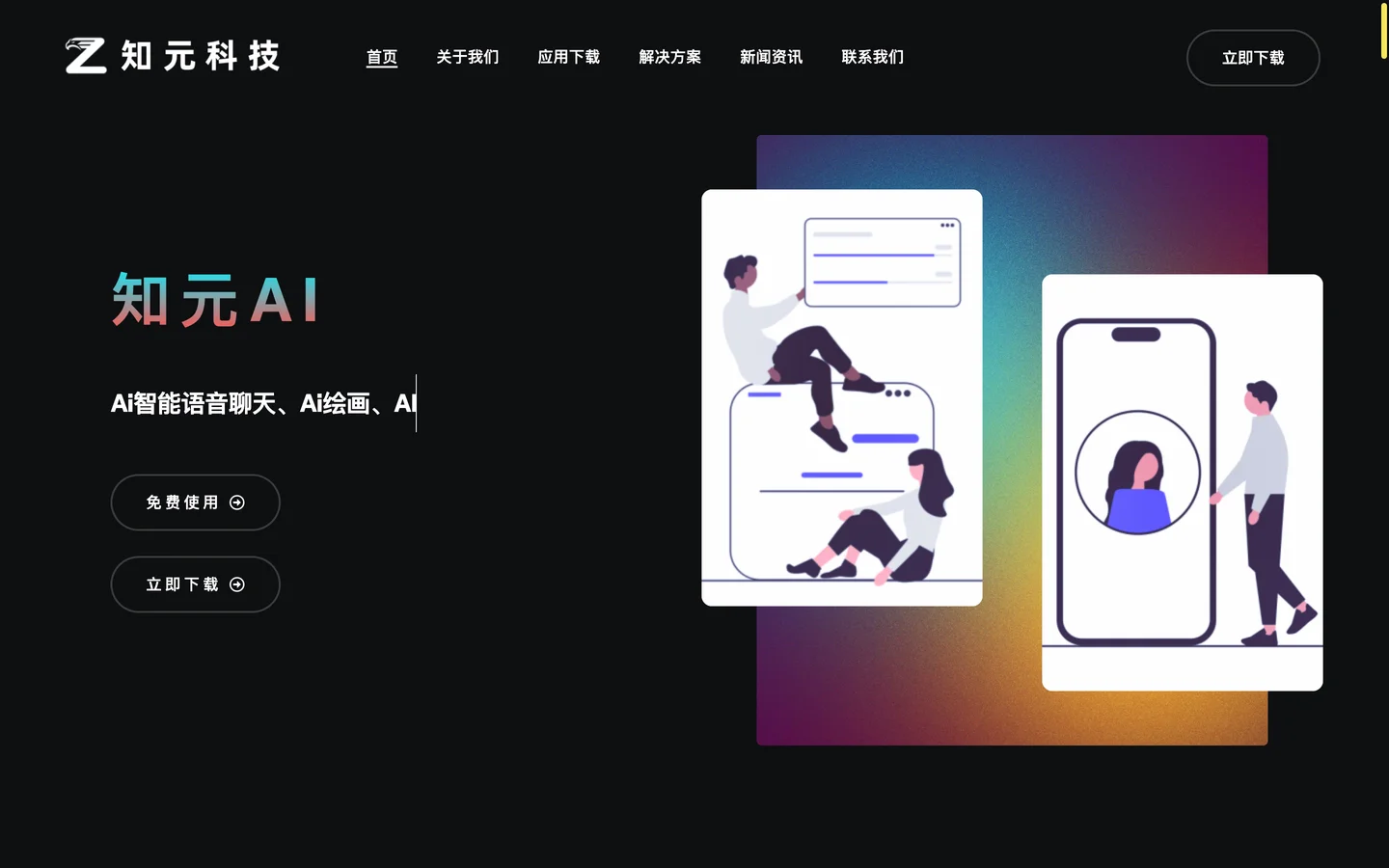随着人工智能(AI)的快速发展,许多传统行业正在经历前所未有的变革。就连理发这样高度依赖手工技能的职业,也开始被AI机器人挑战。最近,一款AI机器人在全球引发了热议,因为它能够熟练地为顾客理发,且精准度和效率远超普通理发师。许多人不禁发问:“AI理发来了,理发师是不是都要失业了?”
AI理发机器人的工作原理
AI理发机器人依赖先进的技术进行操作,以下是其关键技术:
1. 视觉扫描(Vision Scanning):利用高清摄像头扫描顾客头部,构建3D头型图像。
2. 智能分析(Smart Analysis):通过算法分析顾客的头发长度、密度以及面部形状,推荐最适合的发型。
3. 自动剪裁(Automated Cutting):配备机械臂,使用精准的剪刀或剃刀进行细致的发型处理。
4. 语音交互(Voice Interaction):与顾客进行简单的交流,确认他们的需求。
这些技术让AI理发机器人能够以近乎完美的方式完成各种复杂的发型,从渐变发型(Fade)到层次感发型(Layering)。
表达与技术解读:英语中的理发术语
为了更好地理解AI理发的技术,我们还需要掌握一些理发相关的专业术语:
1. Trim: 修剪头发,通常指轻微修整长度。
• Sample: “Can you just give me a trim? I don’t want to lose too much length.”
2. Fade: 渐变发型,从头发根部向上逐渐变长。
• Sample: “I’d like a skin fade on the sides and a bit more length on top.”
3. Layering: 分层发型,通过剪不同长度的头发来增加纹理和动感。
• Sample: “Could you add some layers to my hair to give it more volume?”
4. Blunt Cut: 平剪发型,头发的尾部剪成整齐的直线。
• Sample: “I prefer a blunt cut; it looks sharper and cleaner.”
5. Undercut: 两侧或后脑勺剃短,顶部头发较长的发型。
• Sample: “I’d like an undercut with a textured top.”
6. Buzz Cut: 极短的平头发型。
• Sample: “A buzz cut would be perfect for the summer.”
AI机器人对理发行业的影响
虽然AI机器人技术日益成熟,但它并不会完全取代理发师的地位。理发不仅仅是一个技术活,它还涉及到人际交流、个性化设计以及顾客的整体体验。这些是机器人难以取代的优势。此外,许多顾客仍然更倾向于与人交流,而不是完全依赖机器。
AI理发机器人的主要价值在于提高效率。例如,在忙碌的场景(如机场或购物中心),它可以提供快速、标准化的服务。而传统理发师可以专注于更复杂、更具创造性的发型设计。
结语
AI理发机器人的出现展示了人工智能如何改变传统行业。但与其担心失业,不如思考如何与AI合作,将技术与人类的创造力结合,为顾客提供更优质的服务。毕竟,AI或许能剪得完美,但它永远无法提供那句温暖的:“这次的发型满意吗?”
Here’s a dialogue that simulates a conversation between a barber (let’s call them “Papa”) and a customer who walks into the shop to discuss his haircut. This conversation includes natural expressions and some haircut-related terminology.
Scene: Inside Papa’s Barbershop

The customer walks in and greets Papa.
Papa: Good morning! Welcome to Papa’s Barbershop. How can I help you today?
Customer: Good morning, Papa! I’m thinking of getting a haircut, but I’m not entirely sure about the style. Can you recommend something?
Papa: Of course! Let’s start with some basics. Do you want to keep it long, or are you looking for a shorter style? Maybe a classic fade or an undercut?
Customer: Hmm, I think I’d like to try a fade, but not too short. I want it to look neat but still have some length on top.
Papa: A good choice! A mid fade would be perfect for you. It’s clean on the sides and gradually blends into the longer hair on top. What do you think?
Customer: That sounds great. Can you also add some layering on the top? My hair feels a bit heavy right now.
Papa: Absolutely. Adding layers will make it lighter and give it more texture. Do you like it styled up, or do you prefer it lying flat?
Customer: I usually style it up a bit, so maybe something that works with that.
Papa: Got it. I’ll leave enough length on top for styling. Would you like me to trim your sideburns and clean up your neckline as well?
Customer: Yes, please. I’d like everything to look sharp.
Papa: No problem. Also, would you like to keep your hairline natural, or should I give it a sharper edge for a more defined look?
Customer: Let’s keep it natural. I like a softer look.
Papa: Sounds good! I’ll start with a quick trim on the top, blend the sides into a fade, and add some layers. It’ll take about 20 minutes. Ready?
Customer: Ready. Let’s do it!
Papa begins cutting the customer’s hair. Halfway through, they chat.
Papa: So, do you usually style your hair with gel, wax, or just leave it natural?
Customer: I use a bit of wax for texture, but I don’t like it looking too shiny.
Papa: Good call. A matte-finish wax will work perfectly with the layers I’m adding. I’ll also show you how to style it for volume if you’d like.
Customer: That’d be great. Thanks!
After finishing the haircut, Papa shows the customer the result in the mirror.
Papa: All done! What do you think?
Customer: Wow, this looks amazing! The fade is perfect, and the layers make it so much lighter. Thanks, Papa!
Papa: My pleasure. Remember to wash it with a light shampoo and avoid heavy conditioners if you want to keep the texture. And come back in four to six weeks for a touch-up.
Customer: Will do. Thanks again!
Papa: Anytime! Have a great day.
------
郑新民教授简介
研究兴趣:外语教育、应用语言学和教师专业发展等。
英文专著”Changing Pedagogy: Analyzing ELT Teachers in China”受到国际学界的高度评价和推崇,被包括哈佛大学,剑桥大学,牛津大学等在内的4000多所海内外高校图书馆所收藏。该书已于2018年1月被Bloomsbury出版社收入Bloomsbury Education & Childhood Studies在线平台,以此让更多的读者受益。
中文专著,包括《信念与追求—走近上外》、《英语博士成长札记》、《语言教育新概念》、《黑布林英语阅读教学指导》和《英语语音语调快捷入门》等。
在SSCI和CSSCI学术期刊发表论文70余篇,担任TESOL Quarterly, Language Teaching Research, Teacher and Teacher Education和Frontiers in Psychology等国际SSCI一区学术期刊的匿名评审。
应邀担任香港大学、香港教育大学、澳大利亚拉筹伯大学(La Trobe University)和新南威尔士大学(The University of New South Wales)博士学位论文盲审专家。
每年都为其授课的上海外国语大学本科毕业生撰写入学推荐信,所推荐的学生被剑桥大学、伦敦政治经济学院、加利福尼亚大学伯克利分校、斯坦福大学以及香港大学等录取攻读硕士和博士学位。
应邀在全国范围内广泛进行学术讲座,涵盖语言学,语言教育、英语语音、教师认知与信息技术,以及逻辑与思辨等话题,内容丰富,风格幽默,深受广大师生的喜爱和好评。




